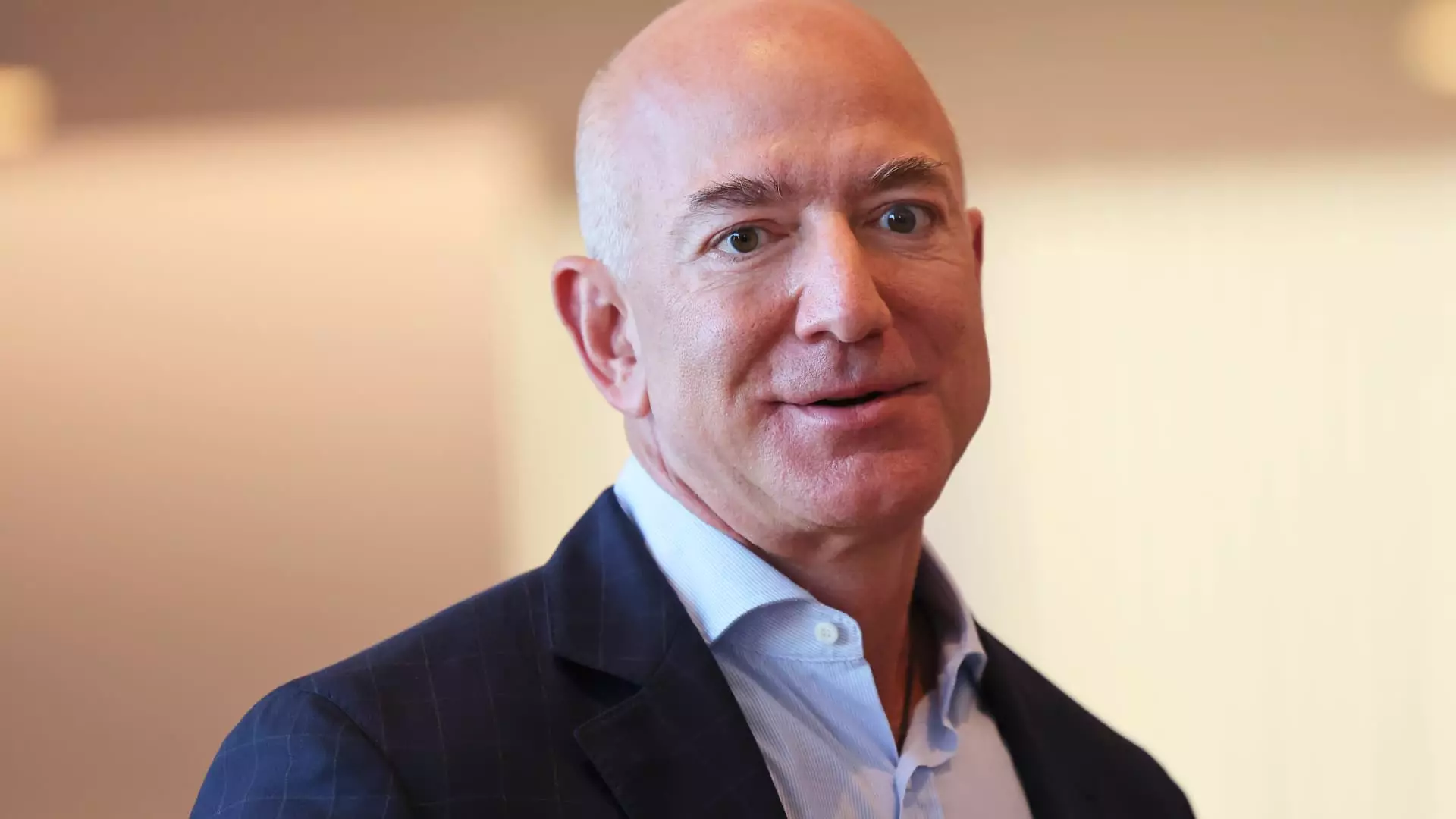In an era characterized by rampant skepticism towards media institutions, Jeff Bezos, the owner of The Washington Post, has taken a significant step aimed at addressing the growing distrust among the American public. Reflecting on the newspaper’s recent decision to cease political endorsements, Bezos articulated this move in an op-ed, heralding it as a vital stride towards restoring credibility in journalism. However, the abrupt nature of the decision, alongside its consequences, raises several questions that merit deeper exploration.
The Washington Post’s announcement to discontinue endorsing presidential candidates marks a seismic shift for a publication that has been engaged in this practice for decades. Bezos articulated that the decision was motivated by a need to alleviate perceived biases that endorsements engender. By stepping away from such practices, he posits that the Post can foster a more impartial image and cater to a broader audience. This reflection resonates amid findings indicating that the media ranks low in trust among various U.S. institutions, as underscored by recent Gallup poll results. Such insights mirror a broader trend where news outlets are increasingly viewed as partisan rather than objective.
In juxtaposition to this newfound policy, it is noteworthy that the rationale behind ending endorsements might stem from deeper systemic issues within the media landscape. As voters become more polarized, traditional endorsements can amplify divisions rather than bridge gaps. Bezos suggests that endorsements may do little to sway undecided voters, a sentiment that reflects a growing acknowledgment of the complex relationship between media narratives and public opinion.
The cessation of political endorsements could herald a transformative phase for The Washington Post and potentially for journalism at large. By prioritizing perceived neutrality, the Post aims to regain trust and foster a renewed dialogue with its readers. However, this transition is not without its challenges. With the immediate fallout resulting in over 200,000 digital subscribers lost following the announcement, the financial implications of this move warrant careful consideration.
In an industry grappling with declining revenues and shifting readership habits, maintaining a balance between journalistic integrity and business viability becomes paramount. The departure of some editorial board members highlights the discord this decision has caused within the institution. If dissent exists within the ranks, it raises critical questions about the collective vision and values of the publication moving forward.
Bezos has clarified that the decision to end endorsements was made unilaterally within the organization, distinct from any external influences or interactions with political figures. This assertion seeks to quell skepticism, especially as meetings involving key personnel such as Dave Limp, the CEO of Blue Origin, were reported to coincide closely with the endorsement announcement. While Bezos emphasizes that the timing is purely coincidental, the narrative surrounding potential favoritism or hidden agendas poses a hurdle that needs to be overcome to restoring confidence among readers.
The call for transparency in media is more pronounced now than ever. In an environment where misinformation thrived, the adherence to honest reporting becomes essential. Bezos’s contemplation that “newspapers, like voting machines, must be both accurate and have people believe they are accurate,” encapsulates the dual responsibility of the media to provide factual information while also cultivating trust with its audience. The inherent challenges in this task raise questions about the path ahead.
As The Washington Post forges ahead with its new policy of abstaining from political endorsements, it finds itself at a pivotal juncture in the broader conversation about media ethics. While the goal of enhancing trust and objectivity is laudable, the repercussions of such a dramatic shift require careful navigation. The success of this initiative will depend not only on the internal dynamics of the organization but also on the external public’s response. As Bezos underlined, “something we are doing is clearly not working,” but in the relentless journey toward regaining trust, this step may represent a courageous leap into the future of journalism, albeit one filled with uncertainties and challenges.


Leave a Reply